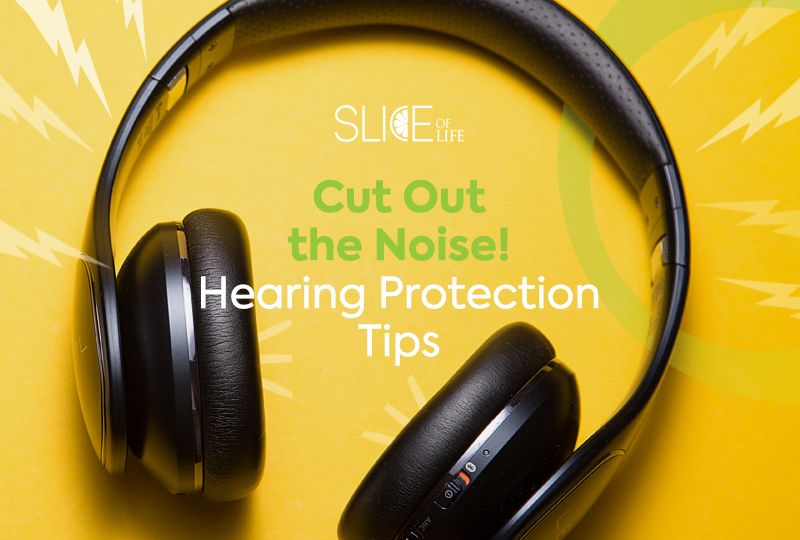Listen up. It’s not easy to quiet the world when you live, work and study in close quarters with fellow college students. However, hearing loss is a common and often debilitating problem that is relatively simple enough to prevent but very difficult to correct once the damage is already done. Take some measures now to drown out the noise. Your ears will thank you.
The CDC sounds in on the issue in their article “How do I prevent hearing loss from loud noise.” In general, noise-induced hearing loss is more likely to occur when ear drums are overtaxed due to high intensity sound and/or long exposure to damaging sound.
Easy Ways to be Easy on the Ears
- If your radio dial is turned all the way to the right on max, that is a bad sign. Don’t be a clown, volume down. If you have to shout to talk, it’s too loud.
- If possible, walk away from loud noise that is not under your direct control.
- If you need to be in a noisy environment, take breaks to give your ear drums time to rest. Limit the length of time exposed to loud sounds when you can.
- The best protection, of course, is to avoid loud, noisy activities and environments when possible.
- Consider using hearing protection when appropriate, such as earplugs or earmuffs. Keep them close at hand for convenient use on the go. There are different types of hearing devices for different uses, including special kinds that allow you to listen to music or other noise, but simply lower the intensity.
- Purchase quieter products when available, such as quiet versions of power tools, toys and vehicles.
- Keep your equipment noise down with proper maintenance, replacing worn, loosened or unbalanced parts. Make sure everything is well-lubricated and cared for.
Other Hearing Protection Tips
- Believe it or not, noise can affect children in utero as well, so use the same precautions listed here to protect during pregnancy. Also avoid touching the source of intense noise due to the vibrations.
- Look for Noise Reduction Ratings on hearing protection products for more information on how much protection the device provides. These ratings are measured in decibels (db) and typically range from 0-35 db in terms of protection. The product should have listed information explaining what scenarios the protection works best for.
Slice of LIFE is an invitation to and extension of everything happening at Life University. Whether you are a current student, a potential freshman or a proud alum, Slice of LIFE can help keep you connected to your academic community. Know of a compelling Life U story to be shared, such as a riveting project, innovative group or something similar? Let us know by emailing Marketing@life.edu.


Social Media